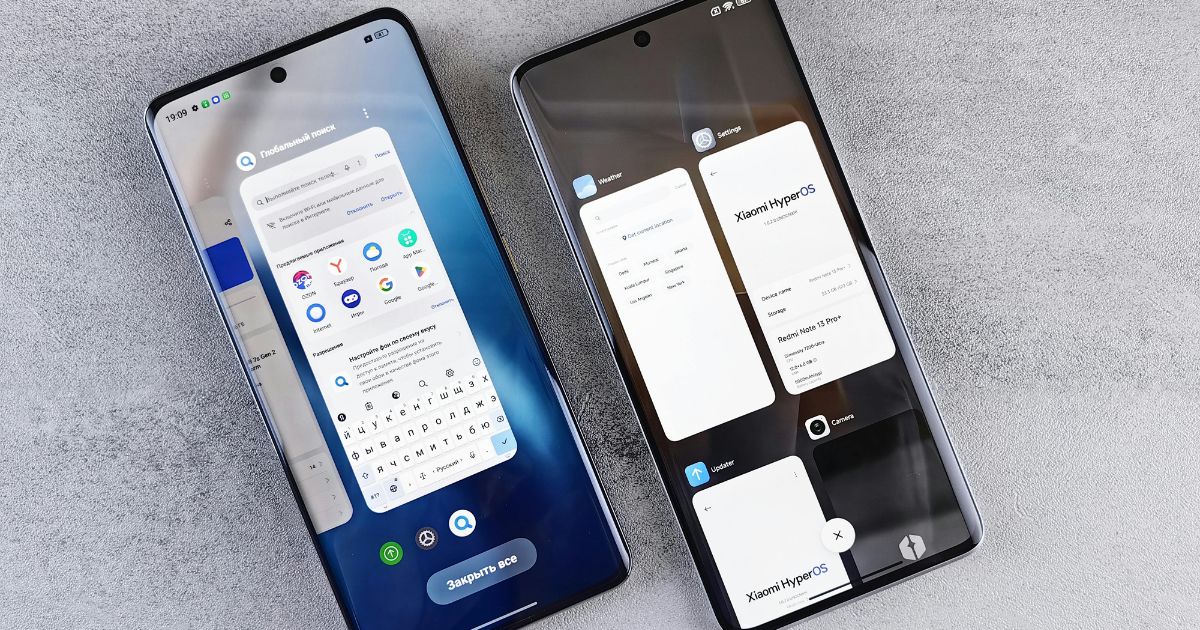Mhealth apps are revolutionizing the healthcare industry by providing a convenient and effortless way for patients to access healthcare services. Hospitals are increasingly introducing mobile apps that enable their patients to easily access their medical information, schedule appointments and receive timely updates about available healthcare services. Mobile health is improving the patient experience, allowing them to be more involved in their own care and giving them better access to information about their health than ever before.
Great Patient Service at a Lower Cost
Health apps facilitate this process, allowing hospitals and healthcare providers to better engage with their patients. The apps offer ways for hospital staff to access patients' health data on the go, as well as communicate with them more easily. By utilizing mobile health applications, healthcare service providers can offer great patient service while reducing administrative tasks and costs. Additionally, these apps can facilitate communication between healthcare services and their patients, allowing them to better manage conditions in real time.
Patient Education and Communication
Mhealth apps can be used to educate patients on health-related information and even improve chronic disease management. Electronic health records, personal health records, and other accessible records are also now incorporated into these apps. This allows individuals to view their medical histories through mobile devices. Such applications can help patients better manage their daily tasks, such as medications or appointments. Moreover, mHealth apps reduce the risk of communication errors and ensure interoperability between different types of medical records.
Improved Patient Experiences and Outcomes
This can lead to better patient experience and improved care outcomes. Mhealth apps are revolutionizing the healthcare industry by providing patients with treatment modes that are convenient, cost-effective, and accessible from anywhere in the world. Patients no longer have to rely on hospital visits and have access to a range of healthcare services at their fingertips. Furthermore, mHealth apps provide more efficient delivery of care for patients, allowing them to be easily connected with their care providers. This has enabled a stronger physician-patient relationship and created an effective communication channel for patient engagement. With mobile health technology, healthcare providers can ensure quality care delivery that is tailored to the individual needs of every patient through data-driven personalized treatments.
More Personalized Patient Care
Mhealth apps are software solutions that can be used to improve the patient journey in terms of procedural outcomes and care delivery strategies. Through custom software, mHealth applications can provide accessible points of contact for patients to receive medical advice and care in their everyday lives. With mHealth technology, healthcare providers can create a cohesive care delivery strategy that is tailored to each individual patient. The accessibility of mHealth applications allows healthcare providers to monitor the progress of patients more efficiently and effectively, allowing them to intervene when necessary. In addition, by providing personalized treatments through automated processes via mobile devices or computers, healthcare providers are able to increase their efficiency while still delivering quality care.
Read Our Case Study: Mobile Health App Helps Patients Lose Weight with a Personalized and Data Driven Approach
Patient Accessibility and Convenience
Health apps can improve the patient journey by providing mobile conveniences to patients. These apps can enable patients to manage their health more effectively by providing them with access to their medical records, appointment scheduling capabilities, and other features that make managing care easier. Patient engagement is further improved by the ability of these mobile apps to provide new mobile tools such as notifications and reminders for appointments, medication refills, etc. Healthcare initiatives are also being implemented through mHealth apps that are designed to improve overall patient satisfaction levels. For example, some healthcare providers have developed applications that allow for secure access and management of electronic health records (EHRs). This provides patients with convenient access to their medical information from any device at any time. Additionally, these applications may offer functionality such as online payment options, appointment scheduling capabilities, and other features aimed at enhancing the patient experience. As a result of these developments in mHealth technology, overall satisfaction with healthcare services has increased substantially among both providers and patients alike.
Patient Access to Medical Records
Hospitals are using mobile apps to improve the patient journey by providing access to critical patient data, health summaries, prescription refills, and other records. Health apps are allowing hospitals to collect and store health data for better delivery of services and improved patient care. In addition, hospitals can use hospital apps to increase brand awareness among their patients. By providing accessible information about their services, hospitals can engage with customers on a more personal level. Through these mobile applications, patients can easily find out about the latest healthcare offerings from a particular hospital or medical center. Moreover, they can also take advantage of personalized health summaries that show them all of their recent treatments in one easy-to-read view.
Provider Access and Security
Hospital apps are the best healthcare apps for patients in terms of convenience and satisfaction. With these apps, patients can get consultations via video call with their care providers. Talklife is one such app that lets patients easily connect with physicians and talk about their medical issues on a secure chat platform. This helps in providing more customized treatment options to the patient, leading to better outcomes and greater satisfaction.
Better Patient Treatment Plans
Mhealth apps can improve the patient journey by providing medical professionals and health specialists with access to professional information and the current health condition of their patients. With the help of these mobile applications, healthcare providers can give better medical treatment to their ill patients based on accurate data. The important benefits that these apps offer are that it helps doctors keep track of their patient's current health, monitor any changes in their condition, and take prompt actions if needed. This not only saves valuable time for both doctor and patient but also improves the quality of care given to a person suffering from an illness or injury.
More Affordable Medical Care
Health apps are becoming increasingly popular as they provide the overall patient experience. It is beneficial to both patients and doctors as it allows for better communication between the two parties. It also provides easy access to medical services, health information, and care delivery without needing to physically go to a doctor’s office or hospital. Health apps can also provide app users with discounts on medical service fees as well as facilitate direct communication with their healthcare providers through mobile health applications. The app can be used for appointment scheduling, medication reminders, prescription orders, and much more. The convenience of being able to access all this health information at any time greatly improves patient satisfaction in terms of care delivery.
Mobile health apps allow doctors to provide healthcare services remotely, making it easier for hypertensive patients to track their diet behaviors and monitor their chronic diseases. For example, they can use the app to check their blood pressure readings and make sure they are taking their medicine properly. Healthcare providers can also easily access patient data through mobile health apps and use it for accurate diagnosis and treatment plans. This helps improve the patient experience by providing them with more personalized care that is tailored to their needs.








